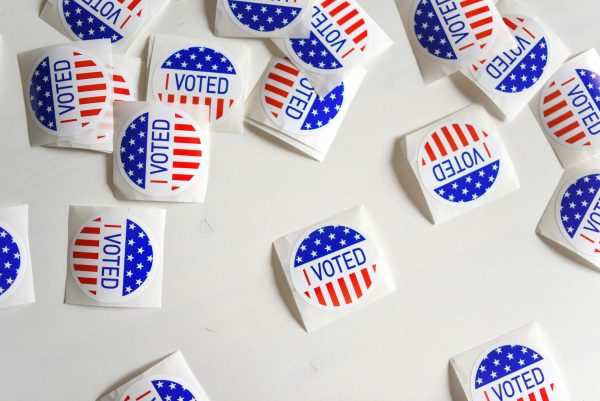The Explosive Nature of “Love Island”
The originally British television show, “Love Island” didn’t receive overnight success when it began airing in 2015. However, in the last few years, it has become the model of reality television moving forward, as its compelling concept captivated the world.
I disagree with this concept deeply.
“Love Island” is a dating show where five men and five women are in a villa at all times. Based on initial attraction, the islanders couple up upon instantly meeting each other. Their options are to explore their interest in the person they are coupled with or to talk with other islanders. But, if they are at any point single and with no connection with another islander, they are at risk of being dumped from the villa.
The show fuels the predominantly young viewership a false image of healthy relationships and mutual respect, as the main goal is to create drama and gain a social following instead of a real and meaningful connection.
To keep the drama high, new islanders, also known as “bombshells,” are added frequently in hopes of finding love and stirring up trouble. This cycle lasts for 6 weeks, and the “strongest” couple can win $50,000 at the end.
The degree of consumption is shocking because the episodes are difficult to keep up with- the quantity of content spans from 40-65 episodes, an hour each, for six nights out of the week. However, the merchandise, the advertisements, mobile games, and the interactiveness makes the show undoubtedly addictive. “Love Island” initially had 500,000 viewers per night with the daily episodes, but the gripping marketing techniques has exploded the viewership to a whopping 5.5 million viewers per episode.
“Love Island” has branched out by selling their iconic water bottles as well as using a variety of social media, such as Instagram to promote the most dramatic episodes and remind people to vote on the “Love Island” voting app. There, viewers can vote on the couples they like the most or ones they want to be dumped from the island, keeping the viewers directly involved and making the experience much more personal when they feel like they are making a difference. This further promotes the idea that the show isn’t actually based on love, but on making celebrities from “heartbreak.”
Despite the popularity and genius marketing, the actual content of the show is far from thought provoking.
The main plot consists of the islanders being controlling of their partner (that they met a week ago), and yelling at the others for stealing their partner (that they met a week ago!). Just because the title includes the word “love” doesn’t mean the relationships model that of the outside world.
“Love Island” has been a profound influence on binge-worthy dating show culture today. Shows such as “Too Hot to Handle,” “Love is Blind,” and “F-Boy Island” have recently been aired with a similar concept to the original.
Even though these shows’ speciality is making Instagram influencers, not genuinity, maybe that is just what people need to consume. As long as people realize that the show is more ridiculous than real, let “Love Island” be an escape from reality and a good laugh (I know I do).
Your donation will support the student journalists of East Lyme High School. Your contribution will allow us to purchase equipment and cover our annual website hosting costs.


